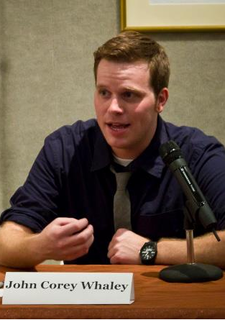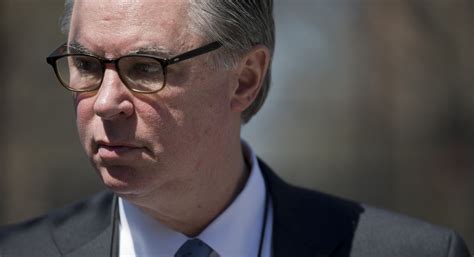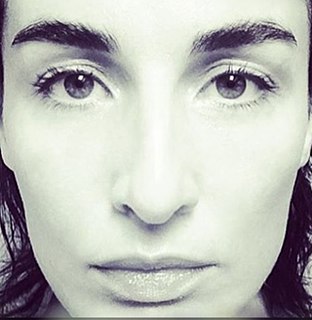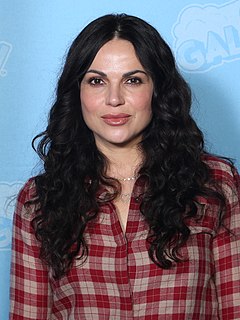A Quote by Chinua Achebe
I don't care about age very much. I think back to the old people I knew when I was growing up, and they always seemed larger than life.
Quote Topics
Related Quotes
At least I like to keep it the same. That's why I've got all the same friends. That's why I go back to Leeds as much as possible. I don't know if you know much about England, but Yorkshire is a very sobering place. In the North. It's very gritty. Old mining villages. And people don't really care about celebrities up there. And it's great. And that's why I get back there whenever I can. 'Cause it keeps me very grounded, and it keeps my life very normal, whatever that is.
As far as change, anyone from the age of 13 to 19, you become a whole new person because you grow up. There was so much that I didn't know or that I thought I knew because I was just a 13-year-old at the time who thought I knew everything. But I realized very quickly that, no, there's so much about everything that I don't. So what I've at least tried to do is accept that I don't know everything. Life is so much more fun that way. And it's easier. I've just been trying to learn, rather than to pretend that I'm perfect.
The mediocre mind has no capacity for understanding. It is stuck somewhere near thirteen years in its mental age, or even below it. The person may be forty, fifty, seventy years old - that does not matter, that is the physical age. He has been growing old, but he has not been growing up. You should note the distinction. Growing old, every animal does. Growing up, only a few human beings manage.
In moments of spiritual crisis we naturally fall back upon what worked for us, or seemed to work, heretofore. Sometimes this shows up through the reassertion of our old values in belligerent, testy ways. Regression of any kind is just such a return to old presumptions, often after they have been shown to be insufficient for the complexity of larger questions. The virtue of the old presumptions is that they once worked, or seemed to work, and therein lies if not certainty, then nostalgia for a previous, presumptive security. In our private lives, we frequently fall back upon our old roles.
My experiences growing up - my father lived in New York, so I was going out there in the summers and meeting really interesting people and people having what seemed to me to be extraordinary experiences and really taking advantage of these wonderful opportunities. And so I will go - I would go to the big city and watch these people performing onstage and doing television and films. And then I would go back to Hayward, and it just suddenly felt that much smaller and sort of limiting because I had this hyper awareness of how much larger the world was.






































